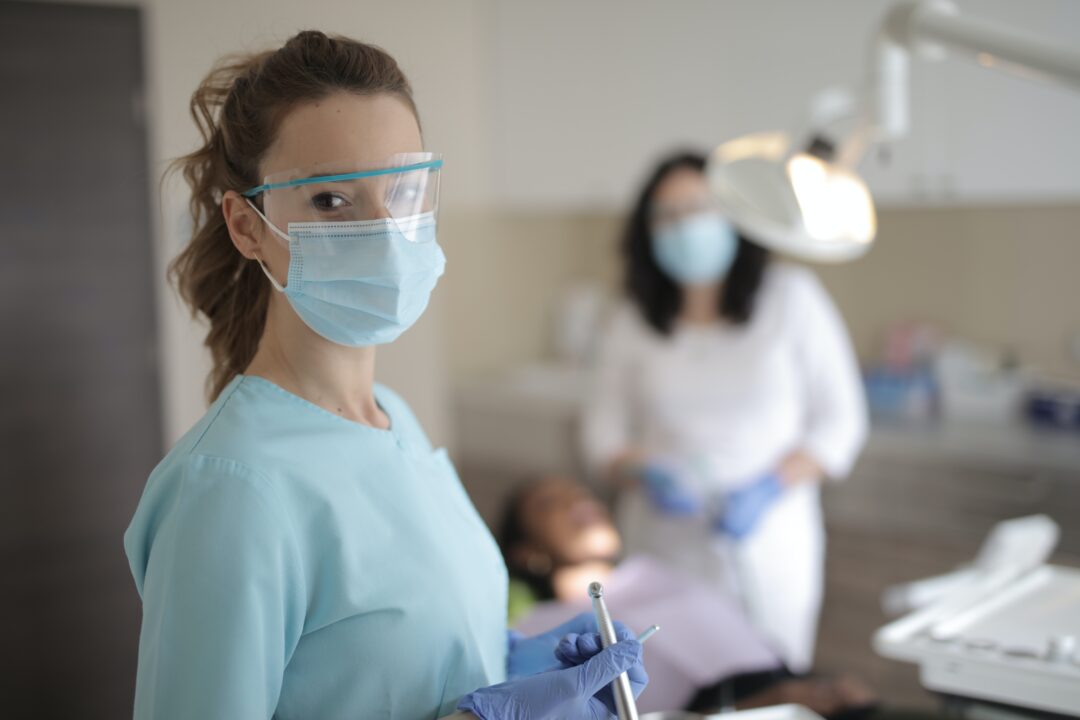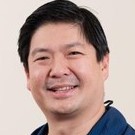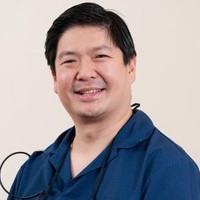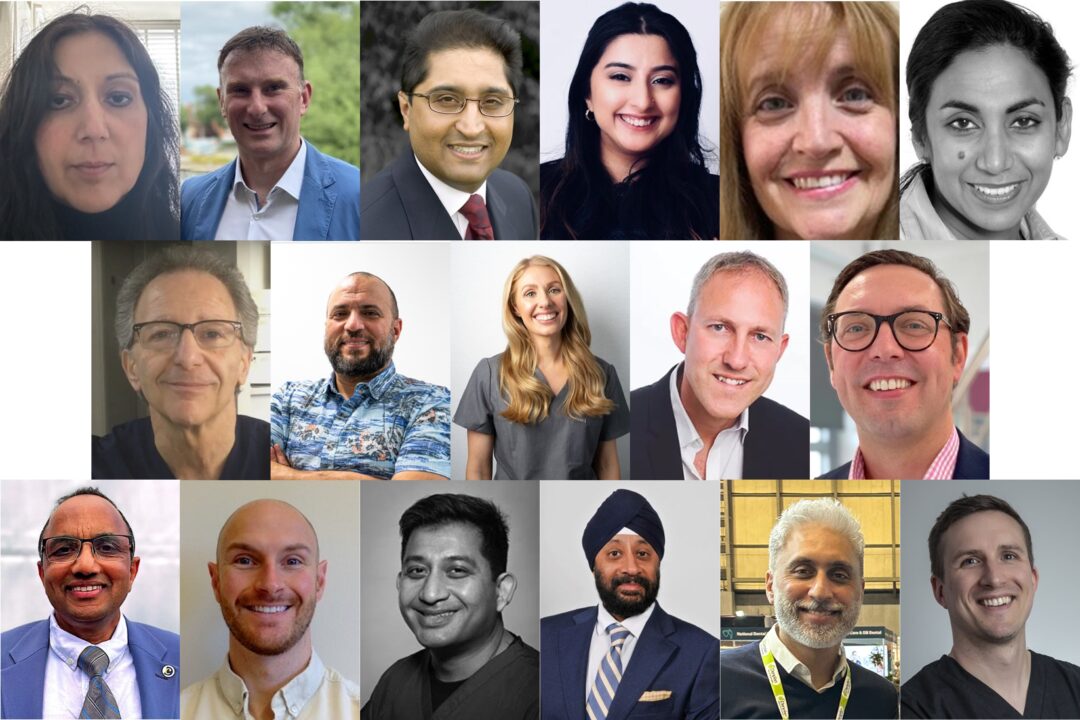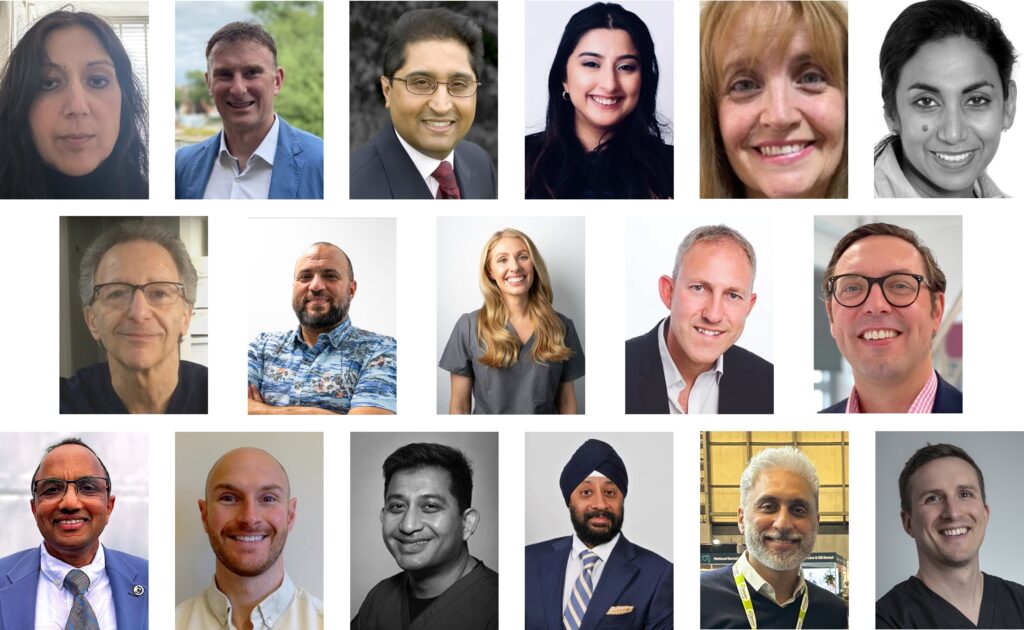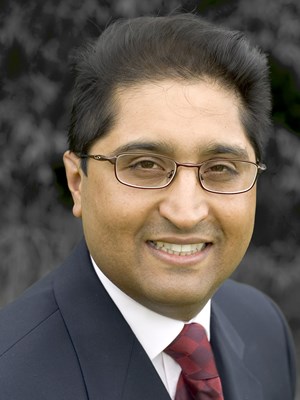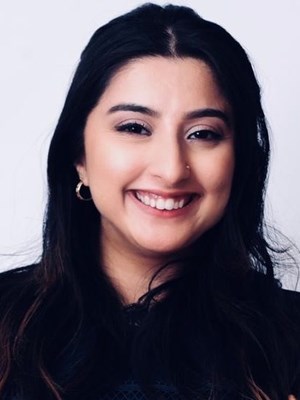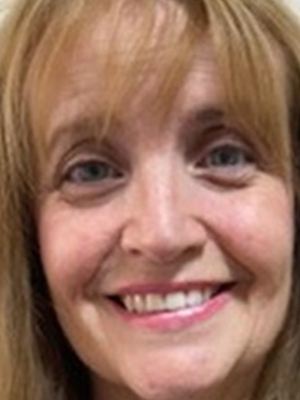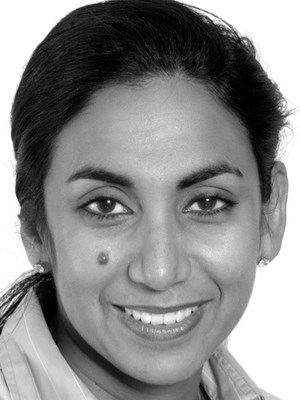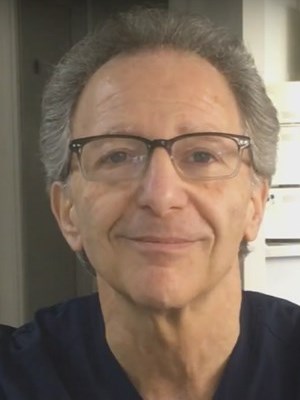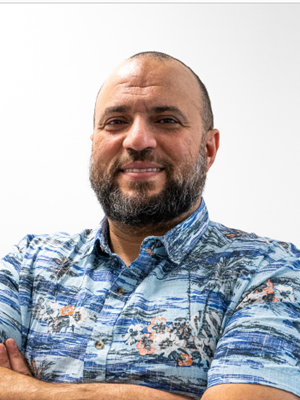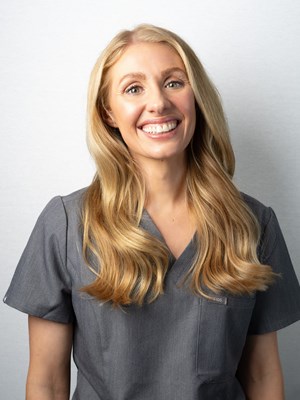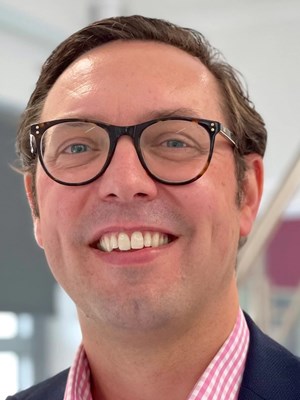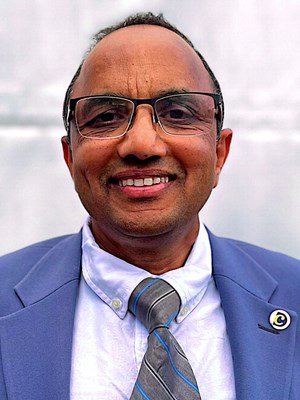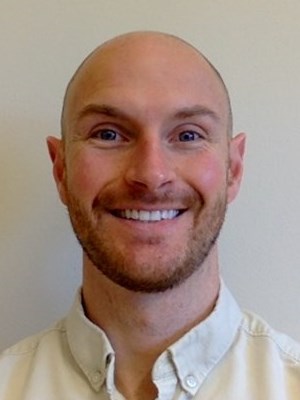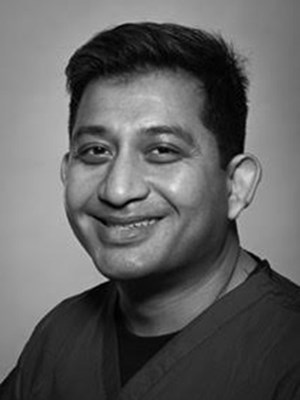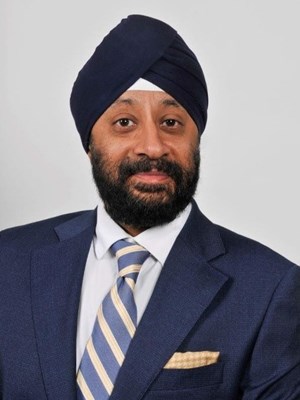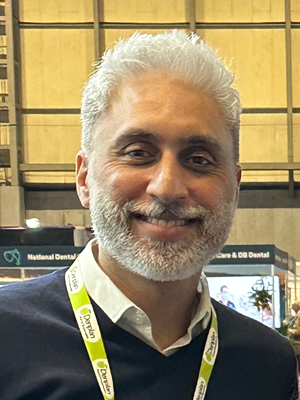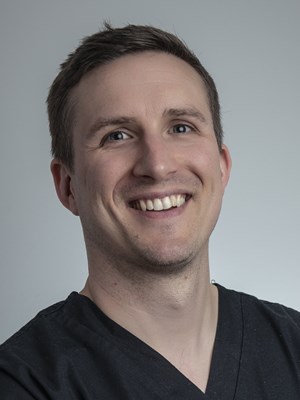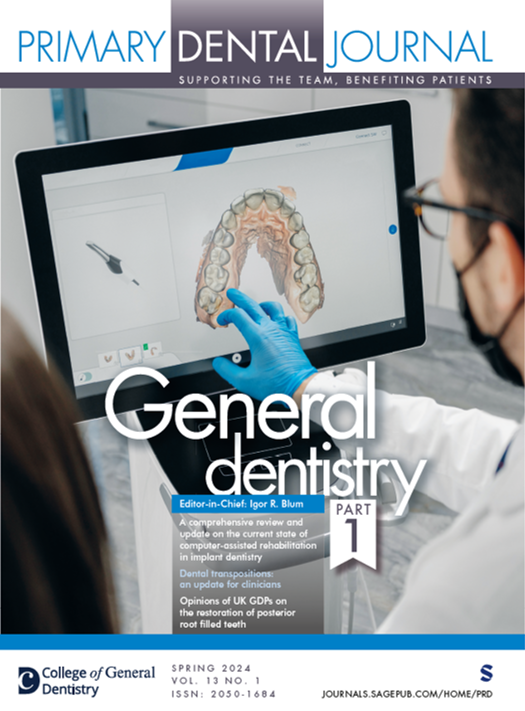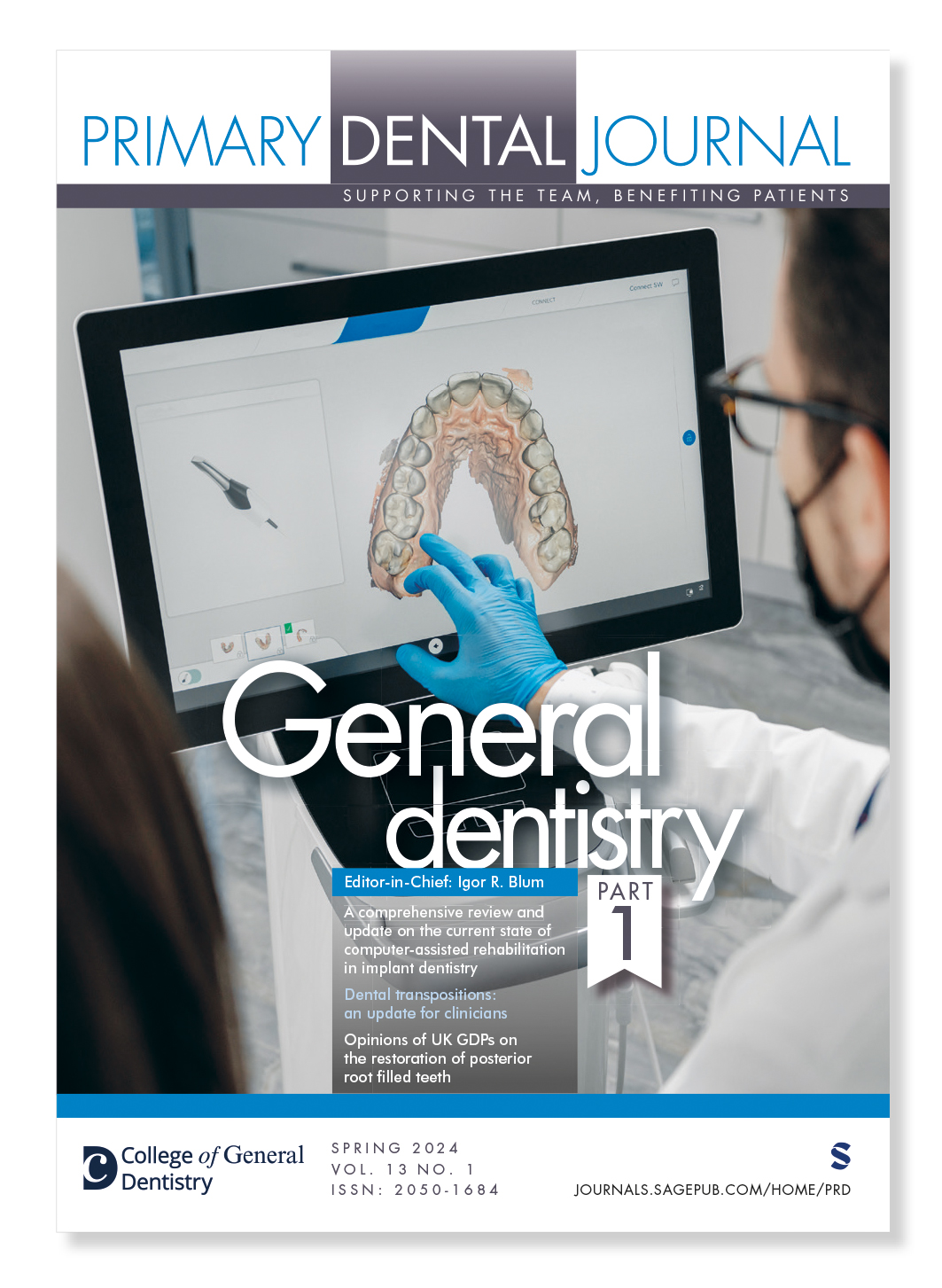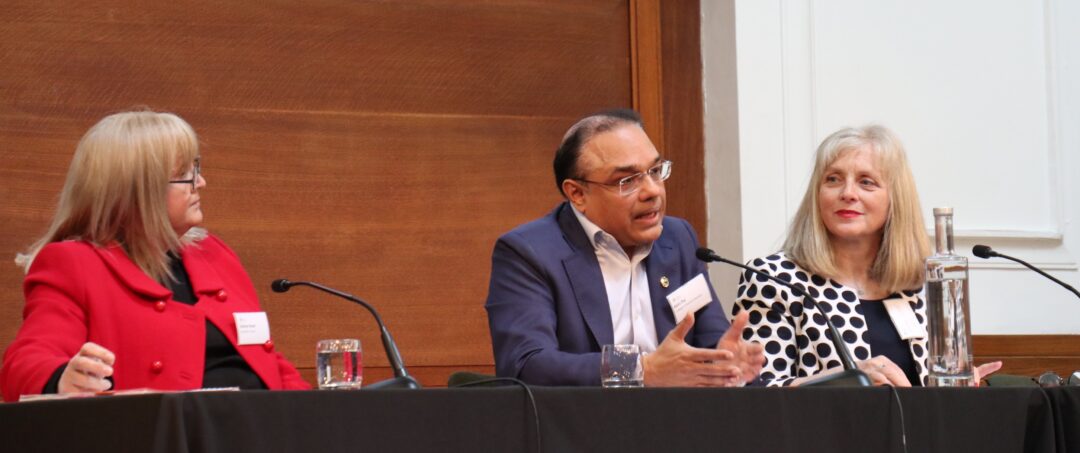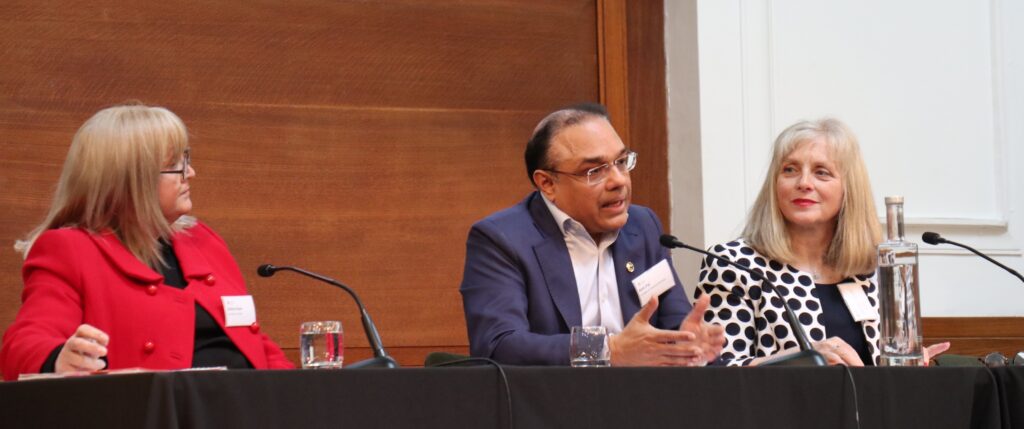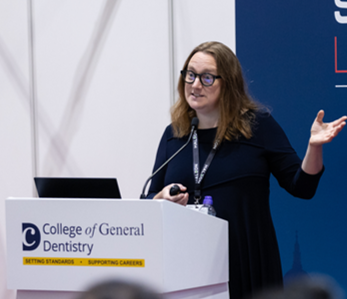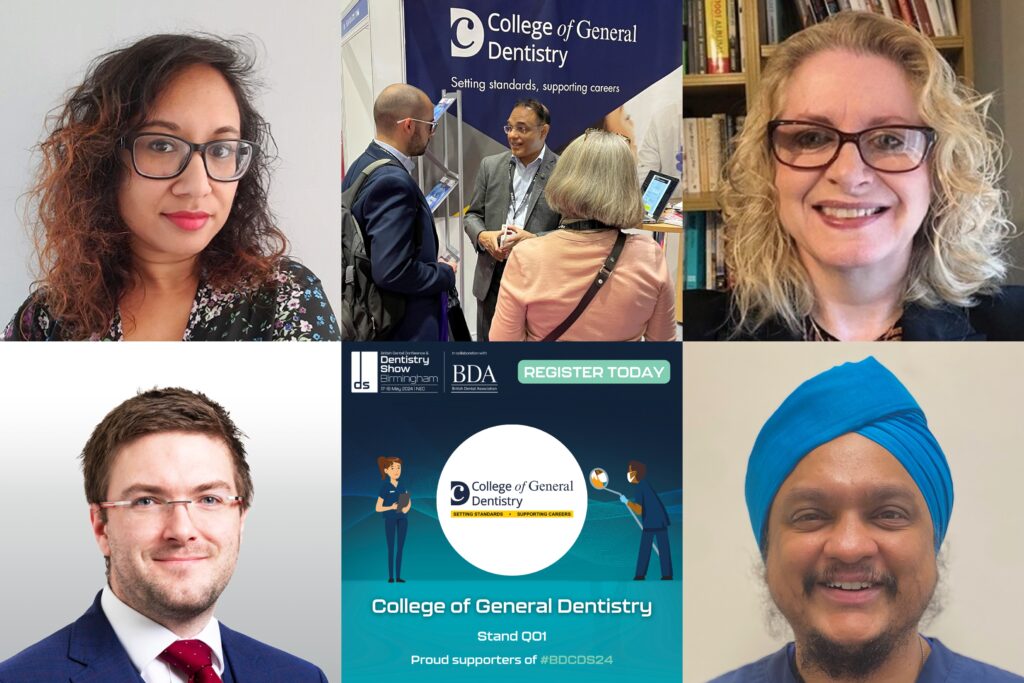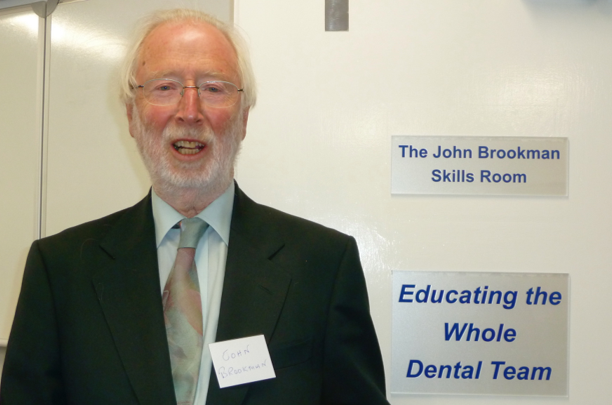The College will soon appoint the inaugural Chair of the Board of its Faculty of Dentists, and all Full Members, Associate Fellows and Fellows of the College who are dentists are eligible to apply.
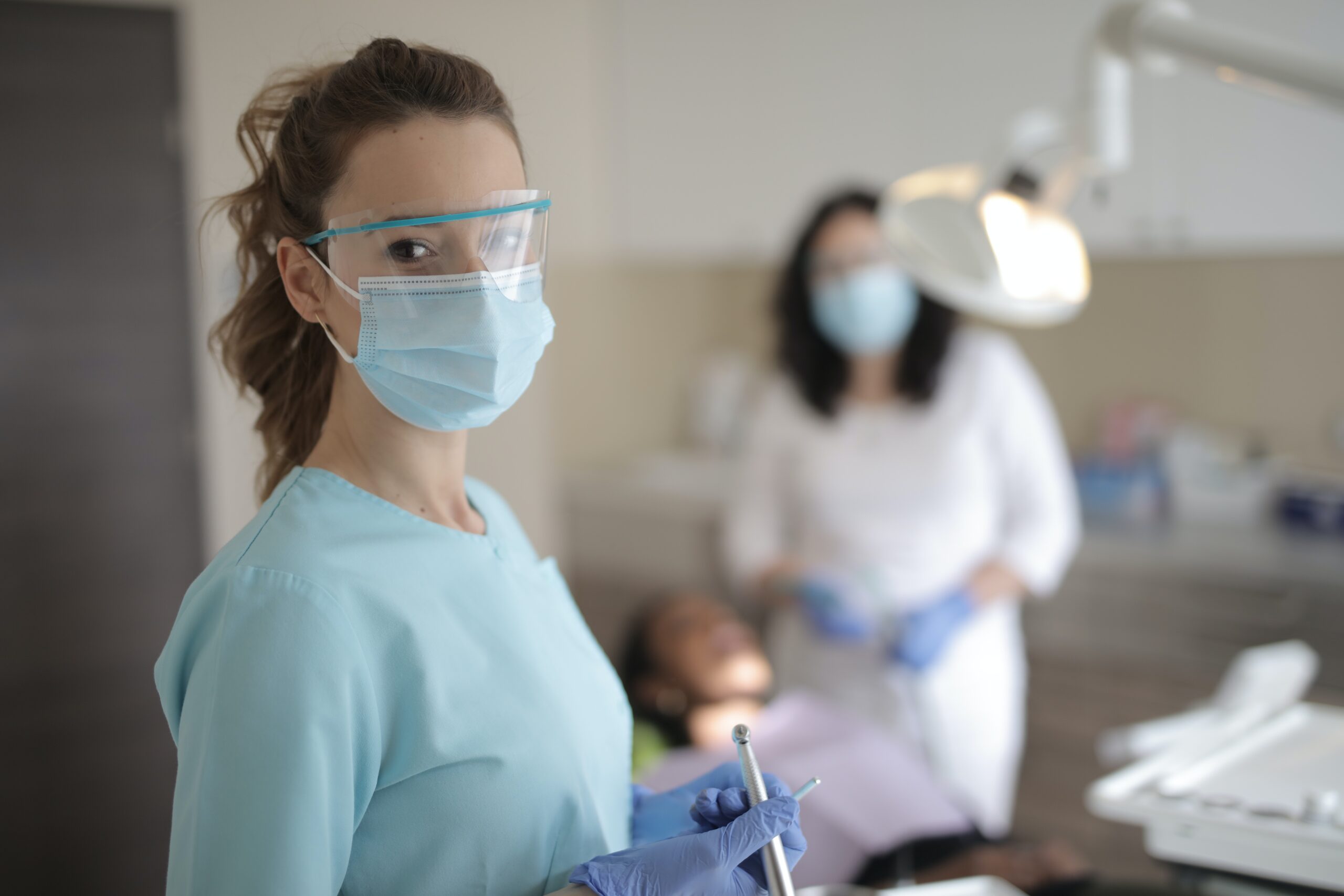
The Faculty of Dentists is a constituency of the College automatically comprising all dentist members. The interests of these members as a discrete professional group will be advanced within the College by both a voting representative on the elected College Council and by a Faculty Board which will advise and report to Council.
Membership of the Faculty Board will be appointed by Council, starting with the Chair, who will then lead on further recruitment, establish the Board’s business, and work closely with the President and other Faculty Board Chairs in realising College priorities.
The Chair will be appointed for a non-renewable three-year term from June 2024 – June 2027, during which they will be expected to attend the three formal meetings of Council each year, and to coordinate at least three meetings of their Faculty Board with these dates. Council holds full day hybrid meetings, with attendance in person preferred.
The role is voluntary, with essential expenses covered. A role profile is available below.
Applications should be made by email, headed “Board Chair (Faculty of Dentists)”, to [email protected], attaching a CV and covering letter addressing the person specification.
The closing date for applications is Sunday 19 May 2024.
Interviews will be held online in the week beginning 27 May (tbc) with a selection panel convened by Council, and the appointee should be available to attend the College Council meeting on Friday 21 June 2024.
If you have questions or would like a confidential discussion about the role, please contact Simon Thornton-Wood PhD, Chief Executive of the College, at [email protected]
Dr Abhi Pal, President of the College, said:
“The convening of Faculty Boards is the next step in the evolution of the College, giving each of our constituencies an even stronger voice and ensuring that our activities are designed and implemented to best serve each professional role. The post of Chair of the Board of the Faculty of Dentists is a significant opportunity to play a leading role in shaping future careers for dentists in primary care, and our oral healthcare policy and advocacy, in a young organisation which is rapidly establishing an influential role.”

